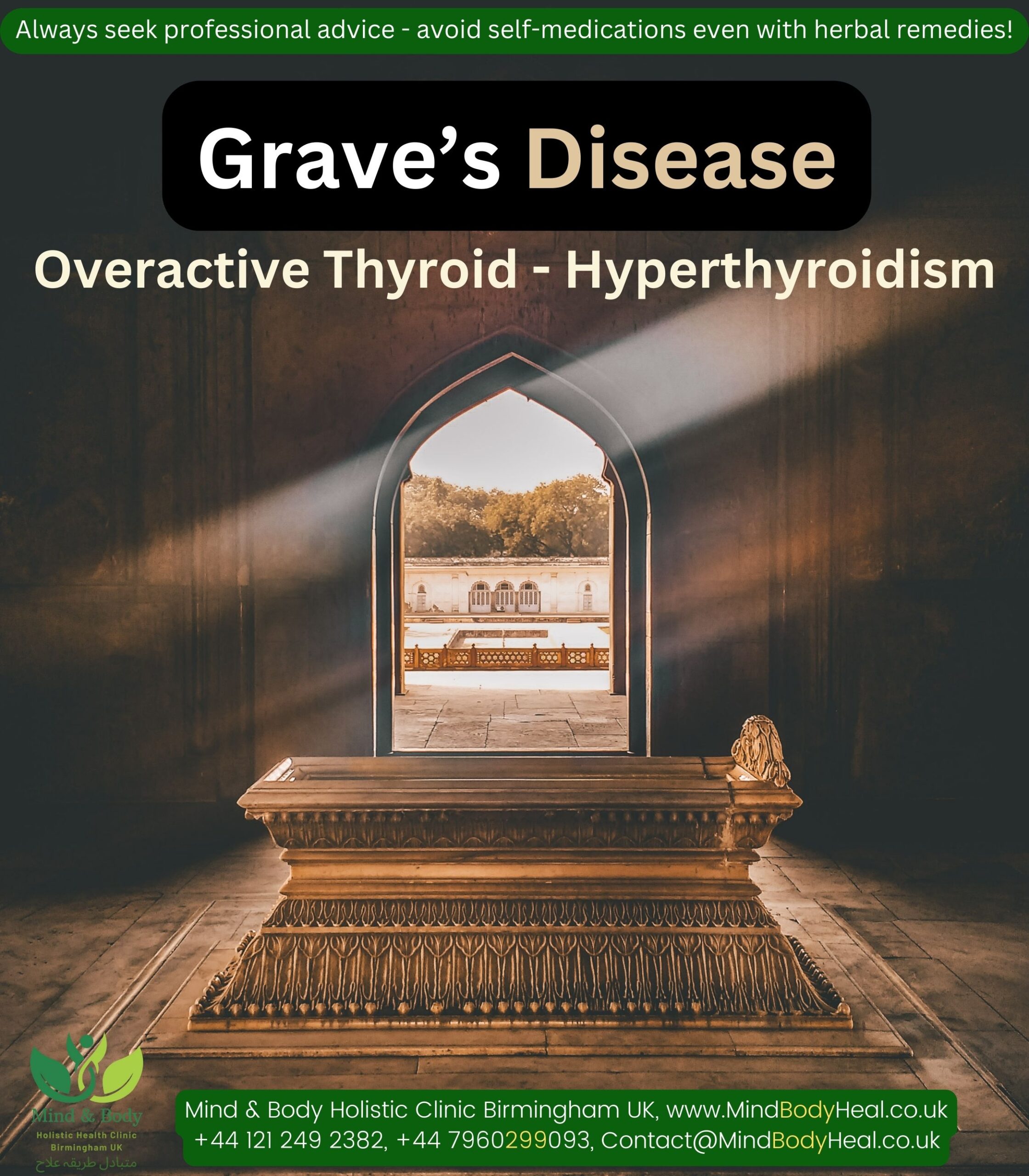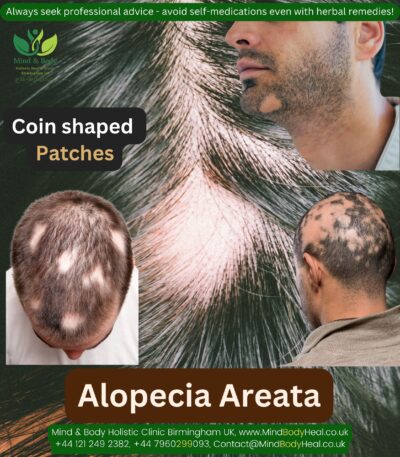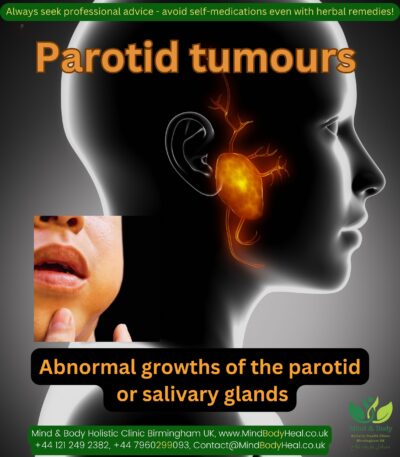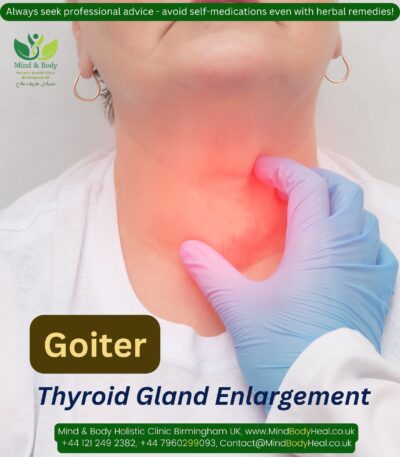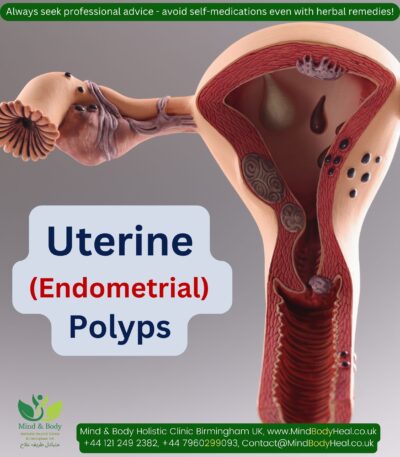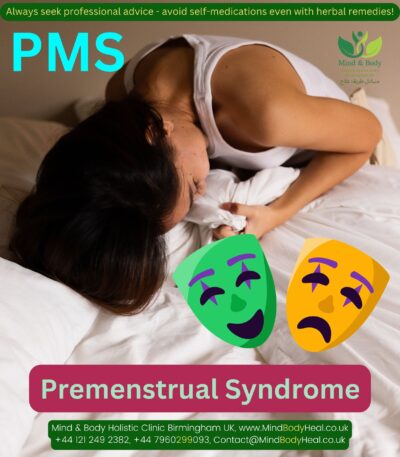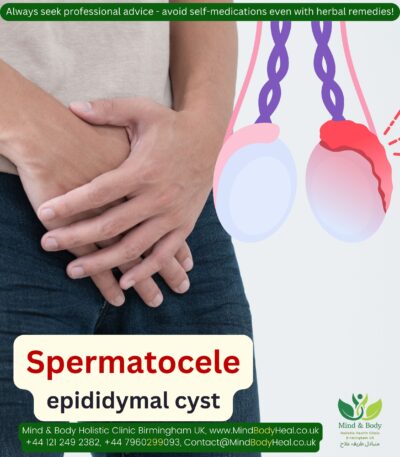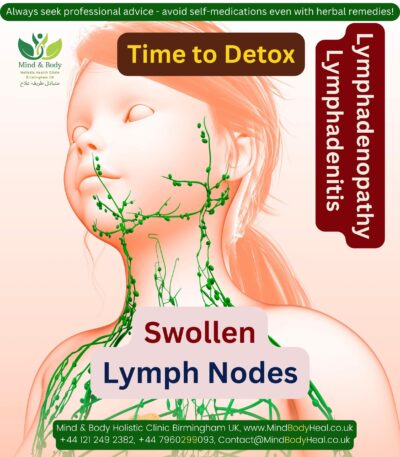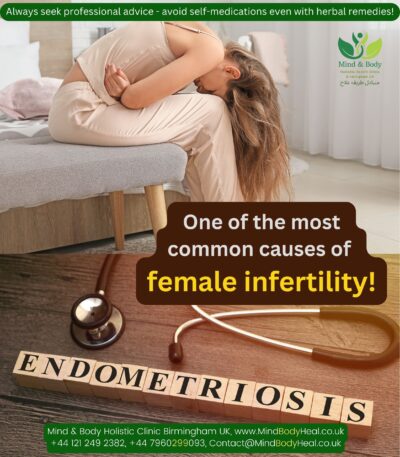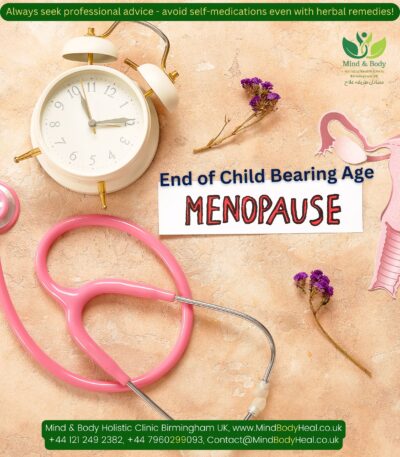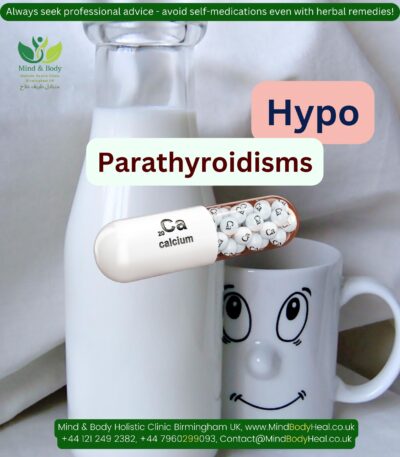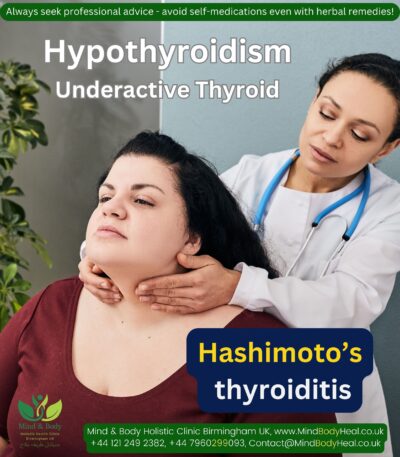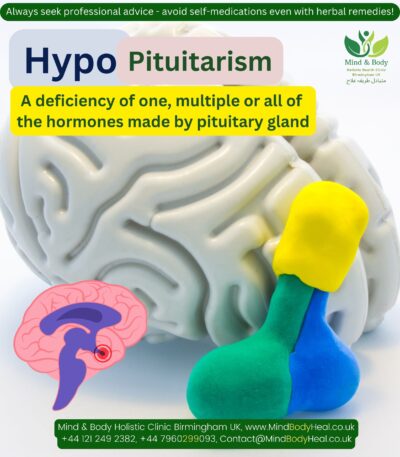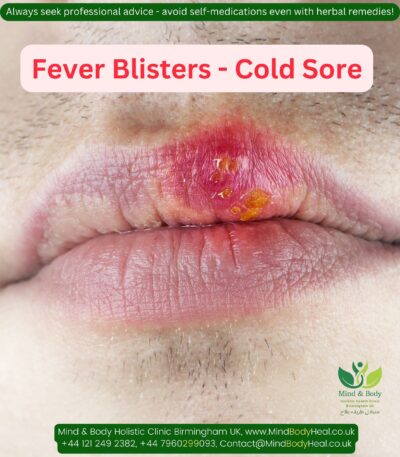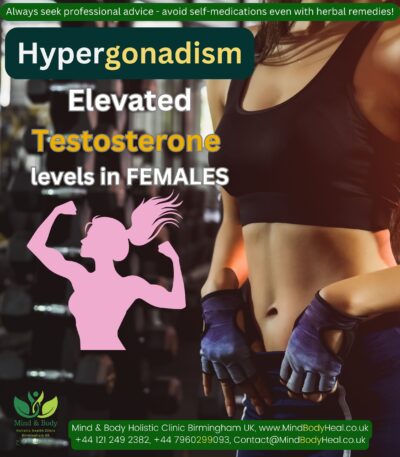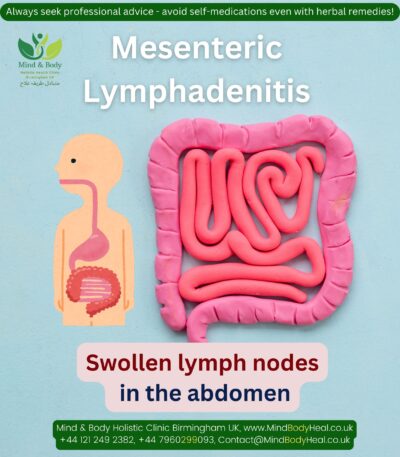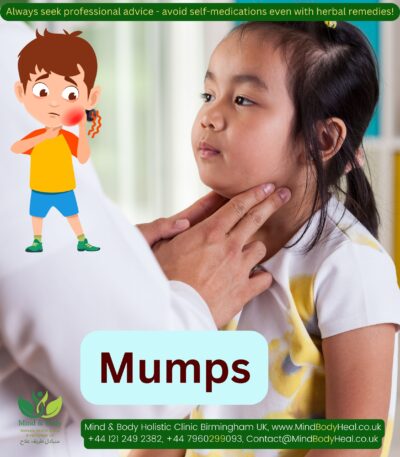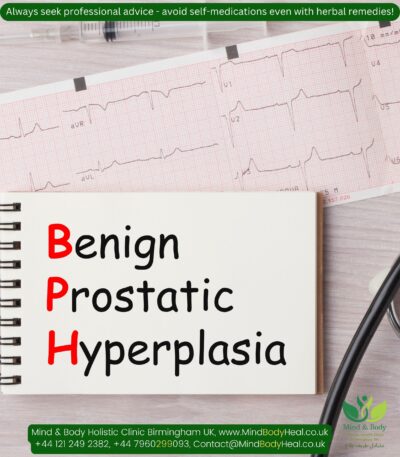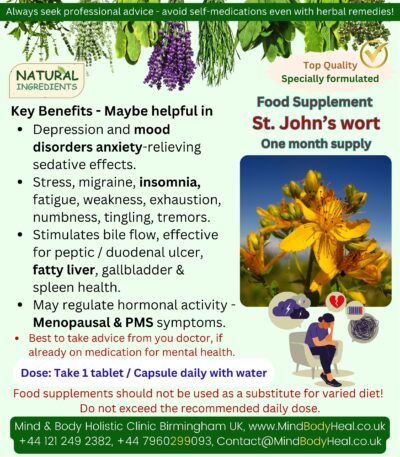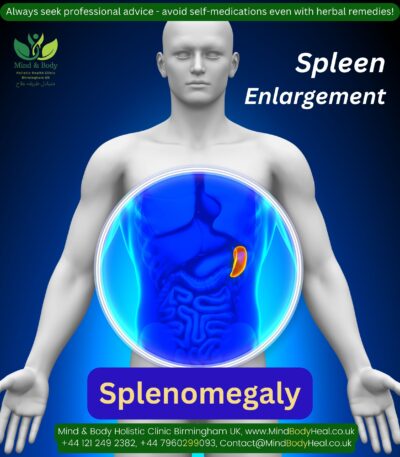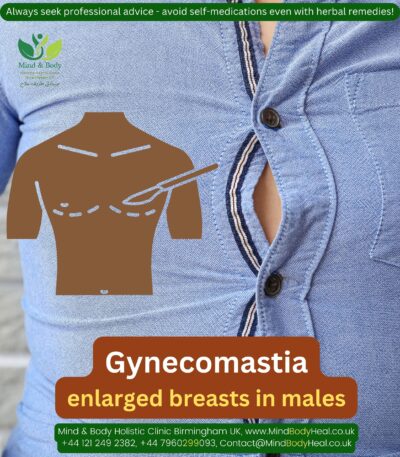The thyroid – is a small butterfly shaped gland in the neck, located just underneath the Adam’s apple – in front of the windpipe (trachea).
Thyroids are two in number i.e. right and left sided.
It produces hormones that affect things such as your heart rate and body temperature. Thyroid has two main functions: to maintain the proper concentration of calcium ions in the blood stream and to regulate metabolism, including the digestion and processing of proteins.
Hormones produced by the thyroid gland are TSH, T3 and T4. Imbalance of these hormones results in either of the two conditions – hypothyroidism (underactive thyroid) or hyperthyroidism (hyperactive thyroid).
About 1 in 8 women is impacted by a thyroid disorder some point during lifetime.
About 60% are completely unaware this is the root cause of their problems
Unfortunately, the majority of people who have either hyperthyroidism or hypothyroidism either don’t realize that anything is wrong or have been misdiagnosed due to the similarity of these disorders’ symptoms to those of other illnesses.
Graves’ disease is an autoimmune type of hyperthyroidism that causes thyrotoxicosis that is over activity of the thyroid gland – a clinical condition, which results from excess of circulating thyroid hormones T4 and /or T3 (T4 normal range 5.5-12.5 µgm/dL and T3 normal range 80-200 mg/dL).
In hyperthyroidism the metabolic functions are accelerate, where thyroid gland produces too much thyroid hormone.
The condition is more common in women between the age of 20 and 40.
Most common SYMPTOMS of hyperthyroidism.
- In general, hyperactivity of most functions!
- Nodular goitre – a visible enlargement of the neck caused by a swollen thyroid gland.
- Unexplained weight loss in-spite of eating well, sometimes may have weight gain due to increased appetite!
- Insomnia – trouble sleeping.
- Chronic fatigue or tiredness
- Increased sense of smell
- Irritable bowel syndrome – increase bowel movement, diarrhoea
- Irregular heartbeat – high blood pressure, palpitation, fast, irregular heart rate
- Increased appetite.
- Dyspnoea (difficult breathing)
- Chest pain.
- Light, scanty or absent (sometimes prolonged) menstrual periods
- Restlessness
- Profuse sweating.
- Eyes appear large and sometimes bulge.
- Undue prominence of eyes – irritation, excessive lachrymation, staring gaze, lid lag, lid retraction, mild degrees of conjunctival injection etc
- A gritty feeling in the eyes.
- Pressure or pain in the eyes.
- Puffy eyelids or eyelids that don’t cover the eyeball all the way. This is called retracted eyelids.
- Red or inflamed eyes.
- Photophobia – Light sensitivity.
- Blurred or double vision.
- Vision loss.
- Infiltrative ophthalmopathy and dermopathy
- Vitiligo (white discoloration of skin).
- Darkening and thickening of the skin. It most often appears on the shins or the tops of the feet. The skin has a texture like an orange peel.
- Occasionally, raised, thickened skin over the shins, back of feet, back, hands, or even face.
- In crisis: fever, very rapid pulse, agitation, and possibly delirium.
- Bone thinning
- Soft nails
- Hair brittle, falling out or thinning.
- Anxiety, nervousness, depression, mood swings, irritability
- Infertility, difficulty conceiving, threatened miscarriage / abortion.
- Having a slight tremor of the hands or fingers.
- Being sensitive to heat with an increase in sweating or warm, moist skin.
- Not being able to get or keep an erection, called erectile dysfunction, or having less desire for sex (low libido)
- Muscle weakness especially proximal which causes difficulty in climbing stairs or getting up from chair
COMMON CAUSES OF HYPERACTIVE THYROID.
- The most common cause for an overactive thyroid is an autoimmune disorder called Grave’s disease.
- After times of extreme stress
- During pregnancy.
- Hashimoto’s thyroiditis – when the body produces antibodies that decrease thyroid output.
- Leaky gut syndrome
- Hormonal imbalances
- Toxicity
- Food allergies
- Iodine induced thyrotoxicosis.
- Cancer of thyroid (secondary).
- Ovarian struma.
- Hydatidiform mole.
- Thyroid stimulating Hormone (TSH) pituitary tumour.
- Ingestion of excess quantities of thyroid hormone, termed thyrotoxicosis factitia.
- High-dose radiation therapy.
- Benign tumours of the thyroid can secrete excessive thyroid hormone on their own (cancerous tumours)
- Viral infection of the thyroid (subacute thyroiditis) causes short-lived hyperthyroidism followed by a more prolonged period of hypothyroidism.
- Diffuse Toxic Goiter (enlargement of the thyroid gland)
- Nodular goiter
What are the complications of hyperthyroidism?
- Congestive heart failure.
- Rapid heart rate.
- Osteoporosis.
- Scarring of the neck, hoarseness due to nerve damage after surgery.
What is the dietary management of hyperthyroidism?
- Consume more green leafy vegetables.
- Soy products.
- Antioxidants rich fruits like berries, grapes, oranges, lemon, etc.
- Consume vitamins and minerals, high protein and high calorie diet.
- Vitamin C increases the levels of antioxidants and helps to regulate the thyroid gland.
- B complex vitamins are another example of vitamins that can help hyperthyroid patients. They help to build the immune system and stabilize the digestive process, which goes off track due to increased metabolism in hyperthyroid patients.
- Consume food that depresses the thyroid – broccoli, cabbage, Brussels sprouts, cauliflower, kale, spinach, turnips, soy, beans, and mustard greens.
- Increase consumption of Omega-3 fatty acids, Vitamin D, Calcium, Vitamin E, magnesium and Phosphorous.
- Omega-3 fatty acids are anti-inflammatory and help immune system function properly.
- Sources of Omega-3 fatty acids: Fish and fish oils provide excellent forms of omega-3s. Flax / linseed oil is the richest source of PUFA’s. Other oils that contain PUFA’s are safflower oil, soybean oil, cottonseed oil, maize oil, sesame oil, rich bran oil, ground nut oil, mustard oil and olive oil.
- Add little Turmeric to food as it has an anti-inflammatory property.
DIETARY MANAGEMENT – Foods to Avoid.
- Gluten – A gluten-free diet is beneficial for people with thyroid issues.
- Conventional Dairy – People with thyroid problems can also benefit from an A1 casein free diet.
- Artificial flavourings or dyes – These can influence thyroid function, therefore it is best to avoid them.
- Sugar – Suppresses immune function and contributes to autoimmune disease.
- Packaged foods – Can contain GMO foods that have been linked to autoimmune conditions.
- Avoid smoking, alcohol.
- Avoid tea, cola, chocolates, coffee and caffeinated drinks.
- Avoid refined foods, dairy products and wheat.
FREE Shipping included – Usually dispatched within 1 – 2 working days!
Are you concerned about your health or managing a recurring or chronic condition?
Our website provides informed guidance and initial supportive care for individuals who are finding it difficult to access their doctors or who have not experienced desired improvement with conventional options.
We help individuals explore a range of natural and holistic healing approaches to encourage balance and long-term wellness that may complement your healing journey.
We offer a ready-to-use complementary remedies kit designed to ease discomfort and support well-being, with clear instructions for each item.
The kit includes a personalised selection of remedies based on your signs, symptoms, and likely causative factors.
It may combine homeopathic medicines, herbal or daily supplements, a tailored diet plan, lifestyle guidance, practical tips, and topical applications where needed. It’s suitable if you value the healing potential of natural, holistic remedies.
Complementary remedies work best alongside standard medical treatments and can usually be taken safely with your regular medications.
Our homeopathic remedies follow Dr. Hahnemann’s traditional dilution and succussion methods and are prepared by a qualified naturopathic practitioner, supported by research, clinical experience, and observed outcomes in similar cases. Treatment duration can range from a few weeks to several months, depending on severity and chronicity. Outcomes vary with individual factors and case complexity.
If you prefer lactose pills instead of sucrose globules, let us know. Please also provide the patient’s age so we can supply appropriately sized pills. You can simply send this via WhatsApp at 07960 299 093.
These remedies may contain trace amounts of natural plant, mineral, or animal substances, preserved in medical-grade alcohol. Inform us of any allergies or dietary restrictions before purchase.
You may contact us before starting or book a detailed consultation (in person or via teleconsultation) with one of our experienced naturopath for your detailed assessment or personalized guidance.
Natural remedies can affect the body and may not suit everyone. At the start of treatment, some patients—especially with mental health or skin issues—may experience a temporary increase in symptoms. This may represent medicinal aggravation, indicating the body is responding, though symptoms may not be connected and simply coincidental. If they persist, contact us for support.
Why some patients choose natural, complementary or holistic remedies:
• Symptomatic relief and improved well-being
• Gentle options with fewer side effects
• Whole-person focus, addressing physical, emotional, and lifestyle factors
• Root-cause and preventive emphasis
• Encouragement of active self-care
• Support alongside conventional treatment
• Personalised and accessible care
Precautions:
• Inform your healthcare provider about any complementary therapies
• Some herbs or supplements may interact with conventional medications
• Do not replace conventional treatment for serious, chronic, or terminal conditions
These complementary remedy kits are provided for your own discretion and personal responsibility. Use them mindfully and avoid self-medicating in sensitive situations.
If you are looking for a specific remedy / kit not listed on our site or a customized formulation, contact us—our range is extensive and can be tailored to your physical and mental symptoms and causative factors.
Disclaimer:
Natural remedies—including homeopathic remedies, herbal supplements, and aromatherapy products—are generally safe for most people, including children and older adults. Still, consult your GP or healthcare provider before use, especially if pregnant, breastfeeding, or managing chronic or serious conditions.
- Our remedies support general wellness and are not a substitute for medical advice.
- Review product details and make informed decisions before purchasing, particularly for ongoing or serious concerns.
- We provide general guidance only; detailed personalised consultations are not available through this platform.
- These remedies are intended for individuals able to follow instructions independently.
- Our support focuses on product use and general information; repeated or highly detailed personal queries may not receive individual responses.
- If you need frequent reassurance or highly tailored advice, please consult a qualified naturopath or healthcare provider before purchasing.
Due to strict UK regulations on the sale of medicinal products, we cannot give specific advice, without a face-to-face consultation.


